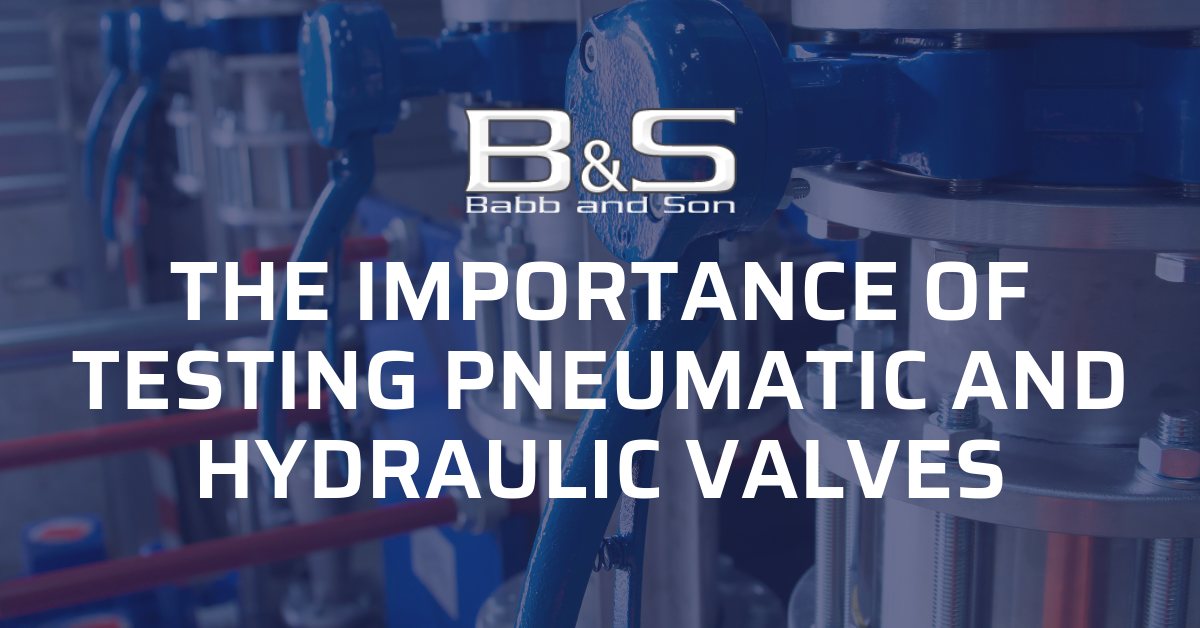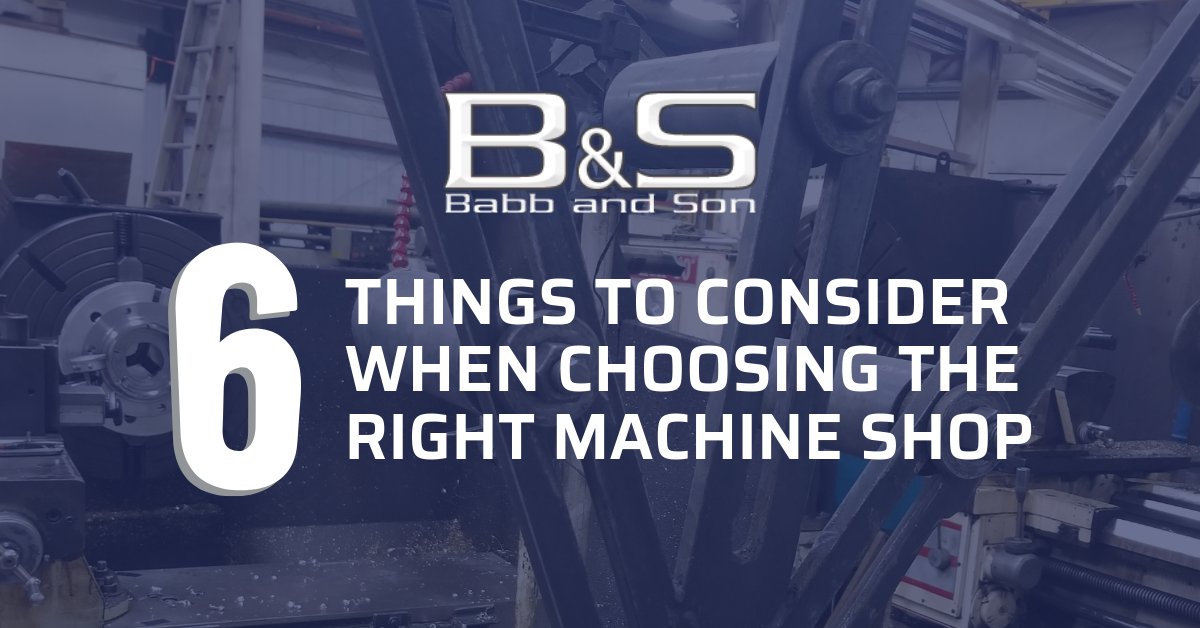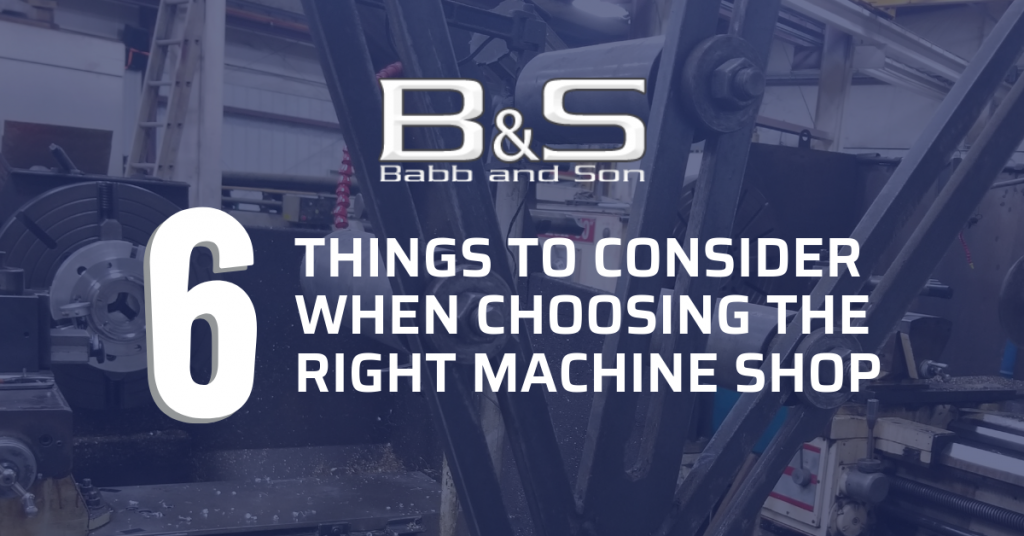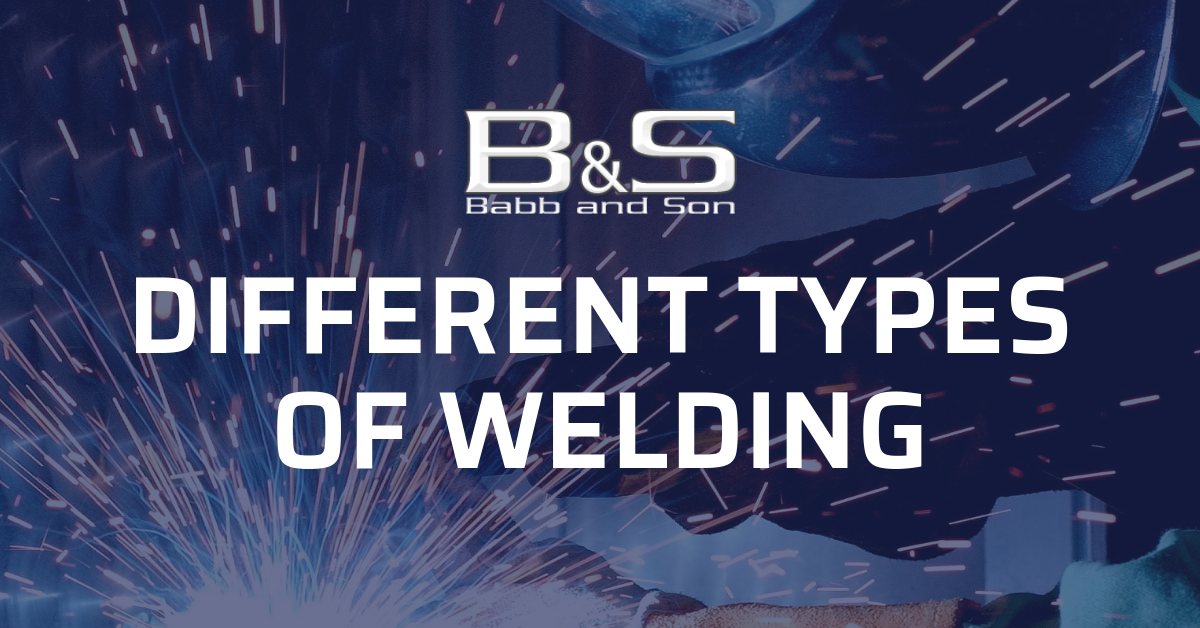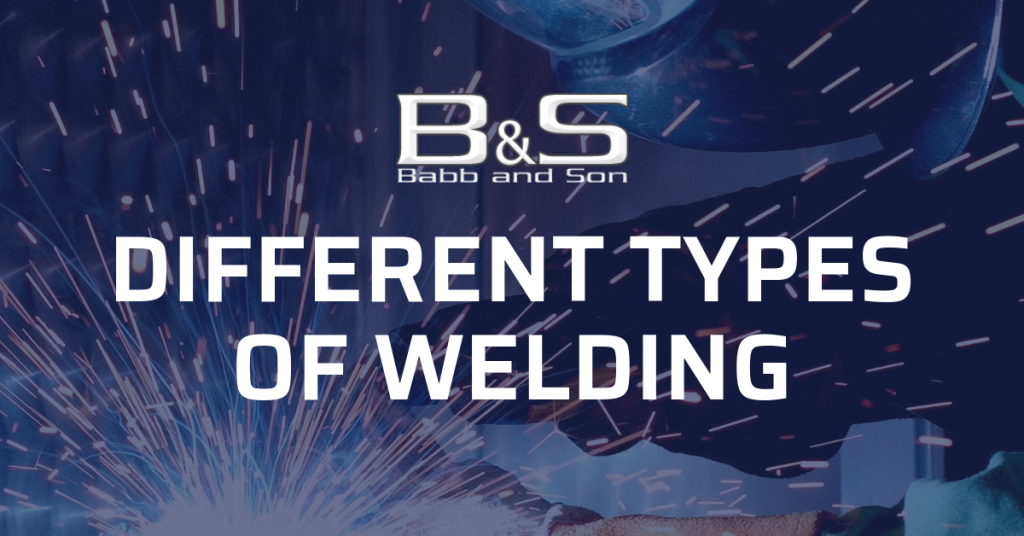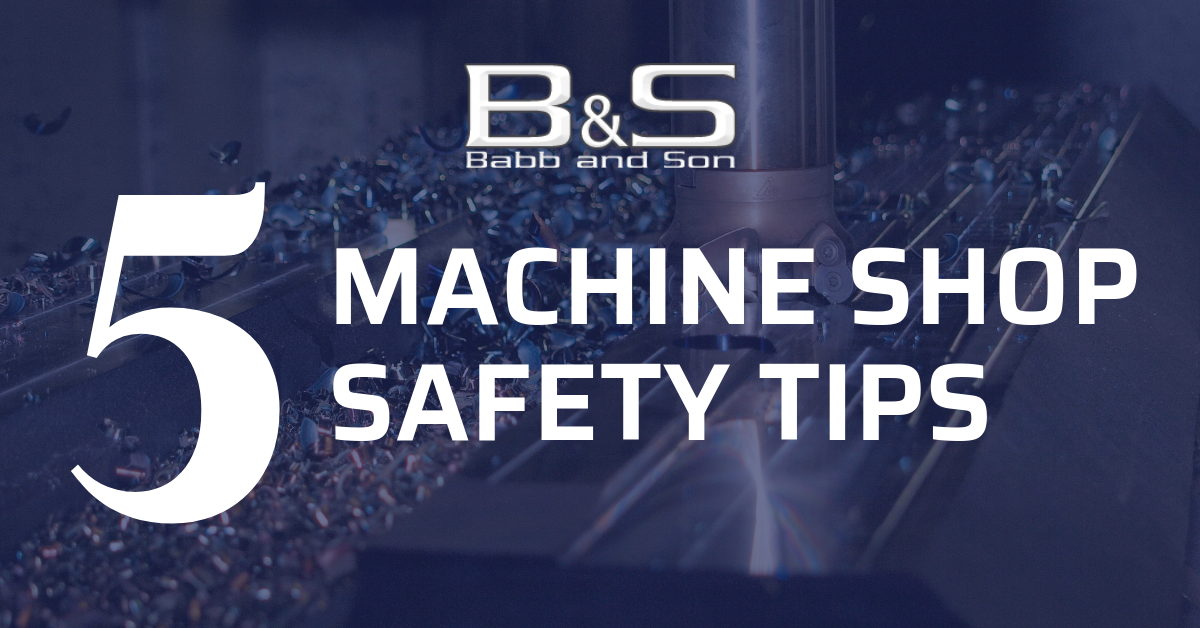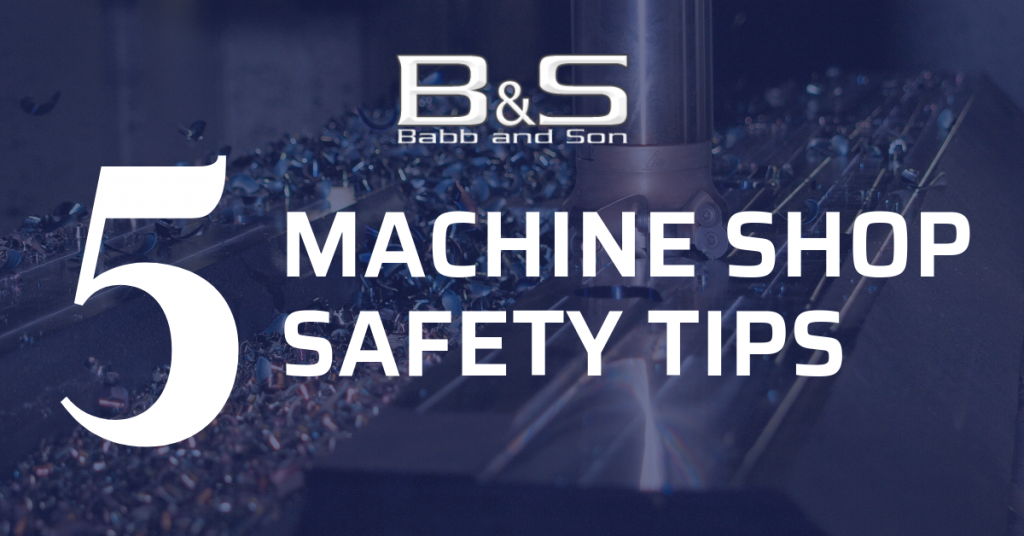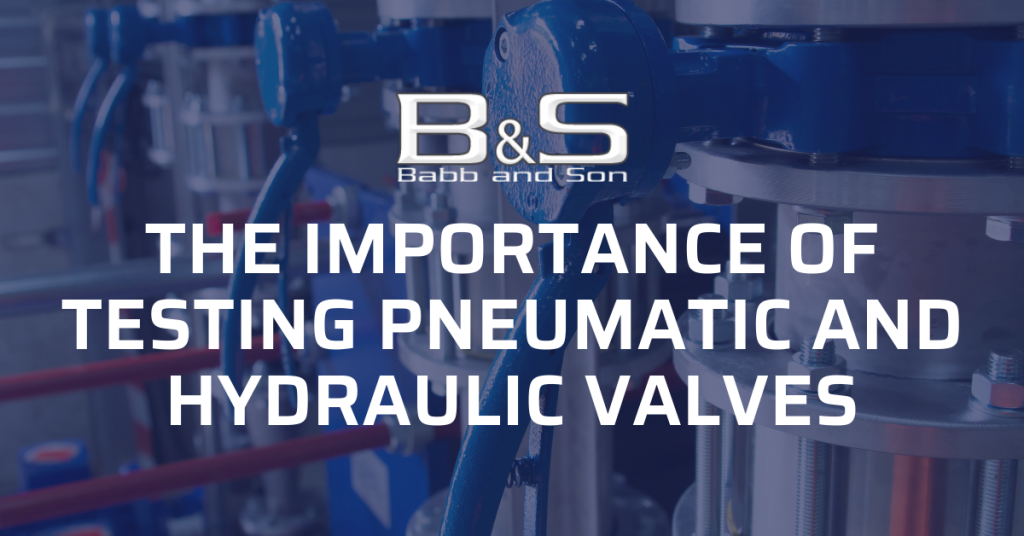
The Importance of Testing Pneumatic and Hydraulic Valves
Hydraulic and pneumatic valve systems are used worldwide in various industries. The importance of testing pneumatic and hydraulic valves cannot be understated. Maintaining adequate function and safety is the key to not only get the job done but to ensure users and end-users stay safe. The testing of pneumatic and hydraulic valves needs to be left to the professionals. There are very strict guidelines around proper testing which should be followed whether the testing is legally bound or simply to ensure your tools are safe. Let’s cover the importance of testing pneumatic and hydraulic valves.
Pneumatic Valves
Pneumatic valves use compressed air for power. Pneumatic valves are most commonly used in construction, buildings, factories, mills and in technology. Pneumatic valves are also used in medicine. If you have been to the dentist for dental work, you have likely been the recipient of pneumatic valve power in the dentist’s drill. Likewise, a routine bank stop at the drive-thru is a lesson in the power of pneumatic valves as you send your deposit up the teller tube. With this, it is easy to see the importance of testing pneumatic valves. So many industries run on this type of power. To keep these tasks running smoothly and efficiently, proper and timely testing is critical.
Hydraulic Valves
By contrast with pneumatic valves, hydraulic valve systems use a type of fluid for power instead of air for the source of power. Types of fluid used in hydraulic valves include oil, mixtures of oil and in some tools, water. Like pneumatic valve systems, hydraulic power is also used in many different industries. Some places you will find hydraulic valves is in your car’s braking system and in construction equipment such as bulldozers or excavating equipment. You can also look for hydraulic power in lifting equipment such as powered wheelchairs and some boat lifts. Tasks that require very heavy lifting or excavating often run on hydraulic power.
Both hydraulic valves and pneumatic valves have their advantages in the chosen industry and job at hand. From lighter tasks such as the dentist’s chair to bulldozing a large piece of land, the choice of which power source to choose lies in the job. However, either of these systems can malfunction when not tested professionally on a regular basis. Risks of danger to the user, recipient or parcel of land are real. Lack of efficiency to get the job completed on time is a real risk, too. With the competitive marketplace of all industries, being able to deliver safe and timely work is key to keeping business running. Therefore, it is best not to risk these important items by neglecting testing or testing yourself.
B&S Machine Shop is a family-owned business with expertise including proper testing of pneumatic and hydraulic valves. Give us a call at 251-928-5291 or visit bsmachineshop.com and allow us the opportunity to serve your Manufacturing and Machine Shop needs.

